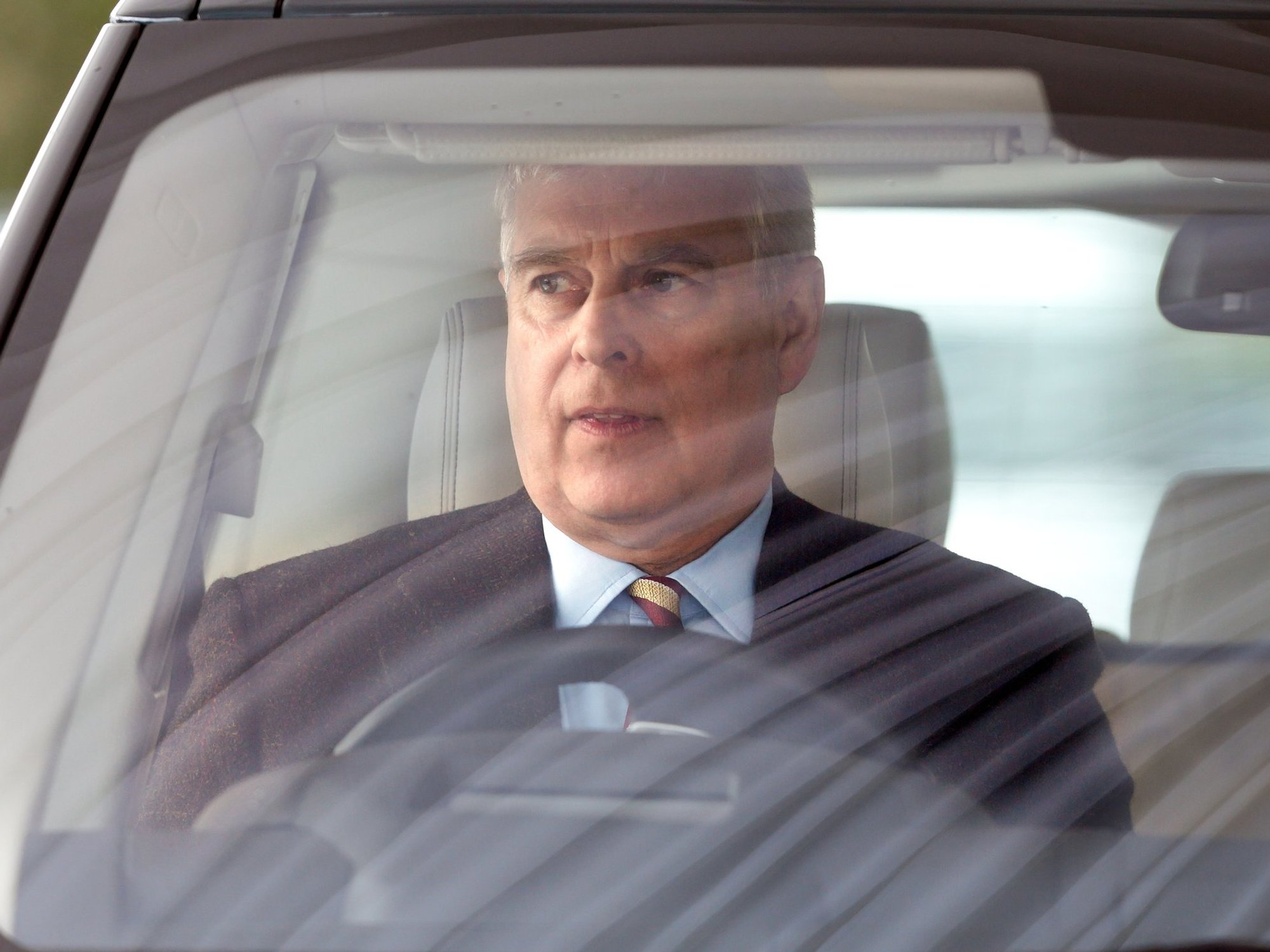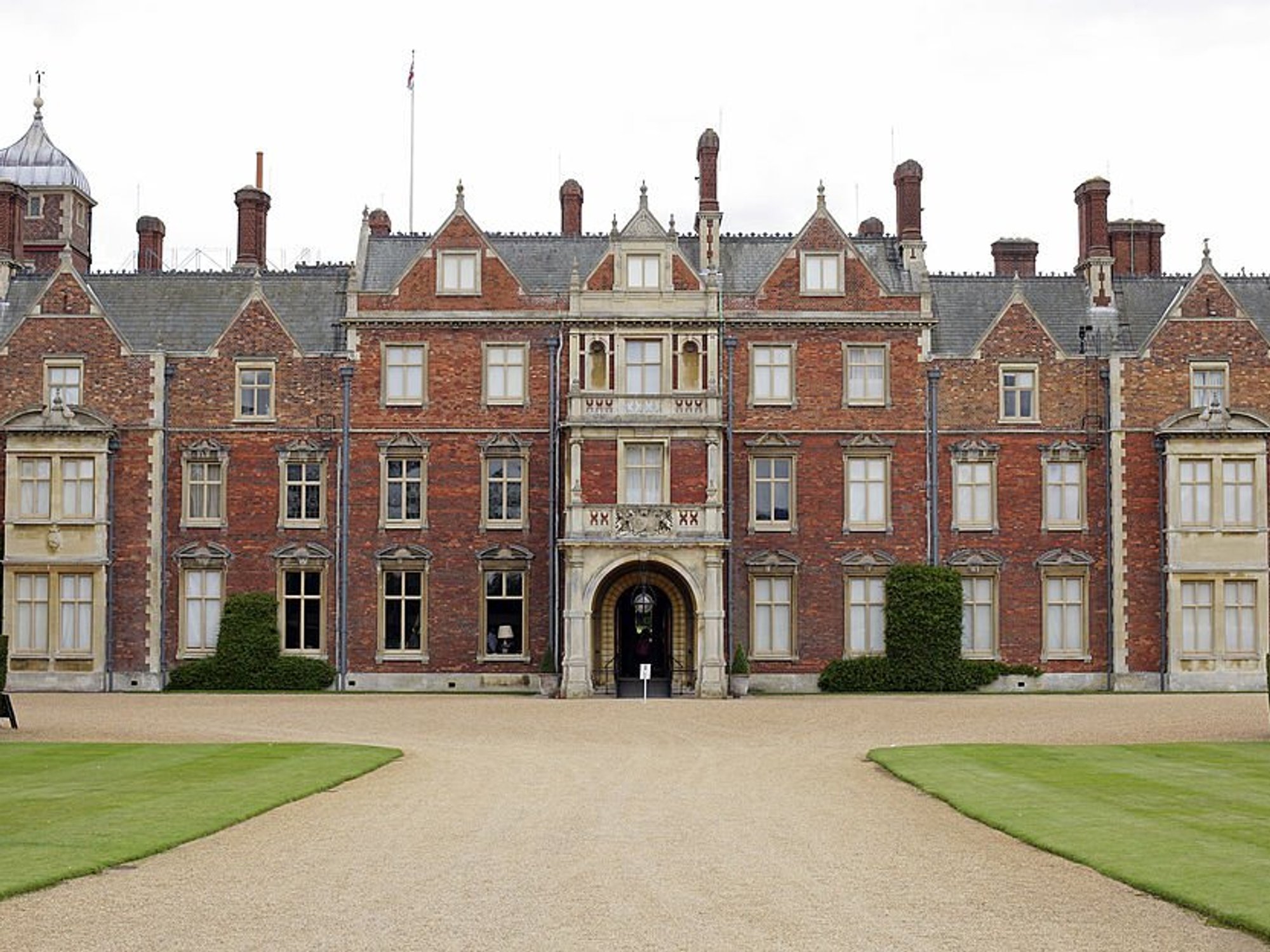Surge in Chinese EVs used to help UK officials meet net zero target sparks national security fears

The Ministry of Defence has issued a serious warning about Chinese-made electric vehicles
Don't Miss
Most Read
UK officials have been accused of placing net zero targets above national security after leasing a series of unsecure Chinese EVs.
It has been revealed the Ministry of Defence has had to place warning labels in its electric vehicle fleet to prevent personnel from discussing sensitive matters inside them.
The extraordinary move, prompted by fears that Chinese-made components could allow hostile surveillance, exposes what critics say is a fundamental misalignment of priorities at the heart of the Government's decision making.
The MoD has amassed hundreds of electric vehicles in recent years as part of Whitehall's drive to cut carbon emissions as part of the Zero Emission Vehicle mandate.
The mandate requires at least 28 per cent of all new vehicle sales to be electric this year, with the military not exempted.
But because many of these vehicles are manufactured by Chinese-owned companies or use Chinese-built systems, this has raised concerns among security experts that they may contain embedded monitoring technology.
Officials have already prohibited certain EVs with Chinese components from parking near sensitive military sites, an unprecedented step that highlights the seriousness of the risk.
Images now circulating on social media have shown striking dashboard warnings inside the vehicles themselves.
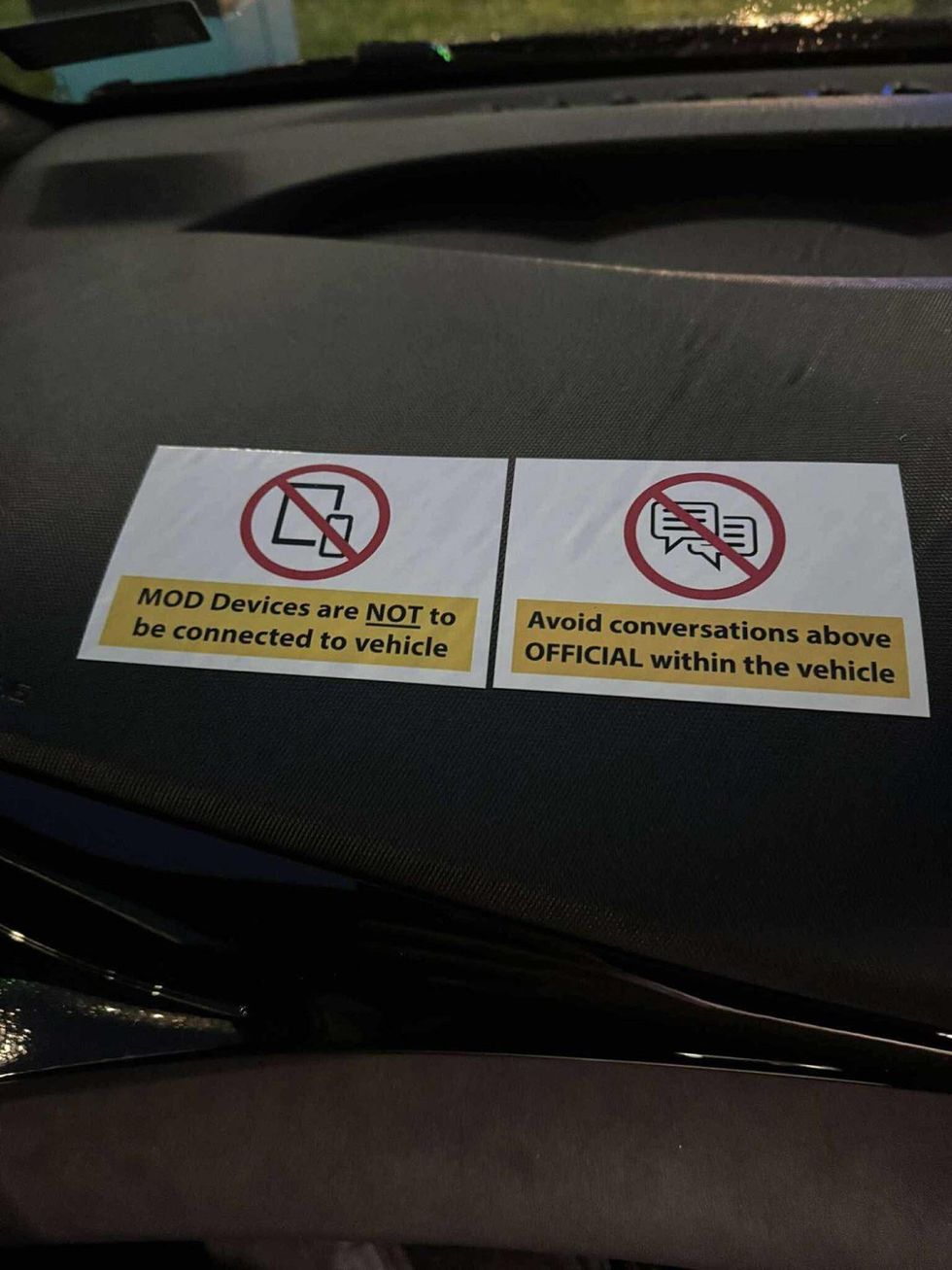
The Ministry of Defence currently operates 745 fully electric vehicles
|SOCIAL MEDIA
One notice reads: "MoD devices are NOT to be connected to this vehicle." Another states: "Avoid conversations above OFFICIAL within the vehicle."
While sources insist there is currently no evidence of information being intercepted by third parties, the rules have been tightened across all civilian hire vehicles as a precaution. The fleet presently includes roughly 745 fully electric vehicles alongside more than 1,400 hybrids.
Many of the EVs are supplied by MG, the marque owned by China's state-controlled Shanghai Automotive Industry Corporation.
According to defence and cybersecurity analysts, modern vehicles are now essentially computers on wheels, packed with microphones, GPS systems, sensors and internet-connected software that could, in theory, transmit data back to overseas servers.
LATEST DEVELOPMENTS
- Rachel Reeves urged to support electric car drivers at Autumn Budget and ditch pay-per-mile taxes
- Labour targets over 70s behind the wheel under new safety proposals as 'mature' drivers deemed unsafe
- Oxford chaos: Drivers warned of serious delays on major motorways amid hazardous oil spill blocking roads
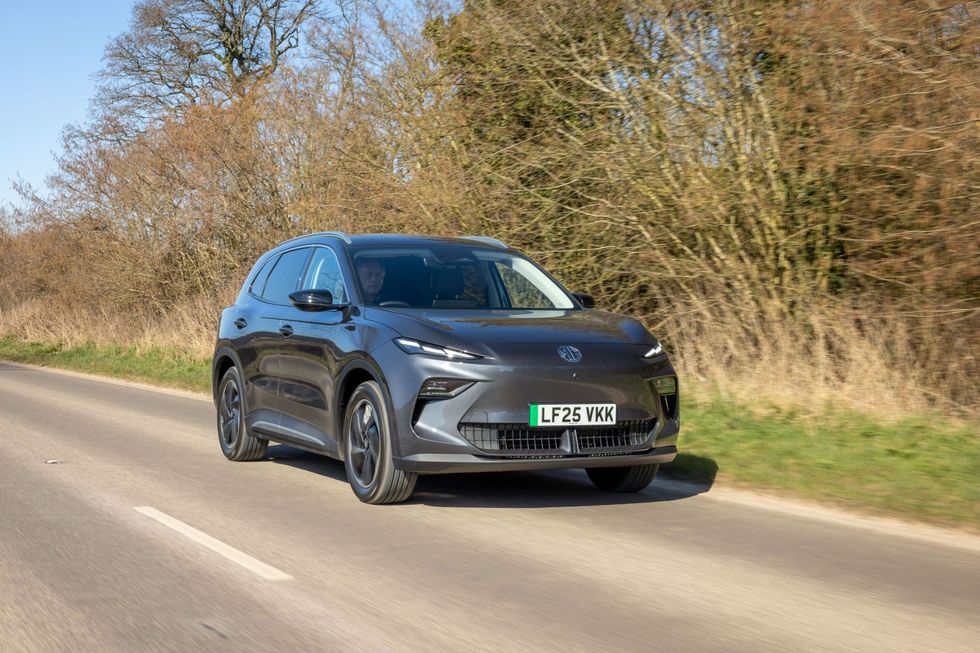
Chinese electric vehicles have become more present in the UK due to their cheaper price point
| MGFormer military intelligence officer Colonel Philip Ingram has been outspoken in his criticism, calling the situation "ludicrous".
He told The Telegraph that defence officials have shown "a level of naivety and arrogance… that beggars belief," given that today's connected vehicles often contain complex data-harvesting systems capable of recording audio and information from any device linked to the car.
His warning echoes wider concerns within the security community that EVs, especially those built using Chinese technology, could be exploited for espionage.
Earlier this year, the Defence Science and Technology Laboratory issued a formal assessment highlighting the national security risks posed by electric vehicles, particularly those manufactured in China or using Chinese components.
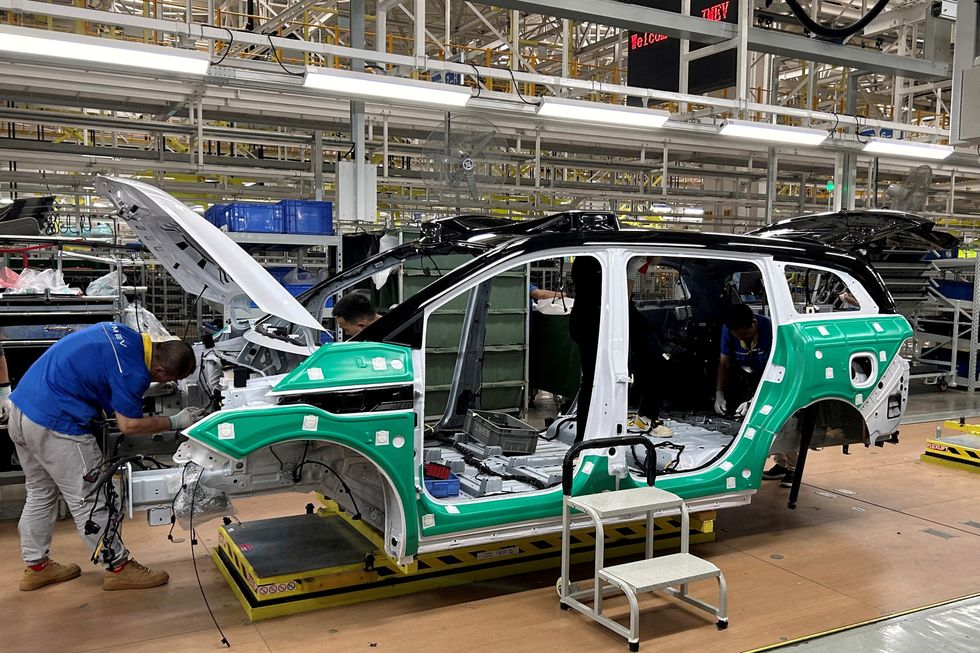 Several Chinese manufacturers are looking to sell more electric vehicles in the UK | REUTERS
Several Chinese manufacturers are looking to sell more electric vehicles in the UK | REUTERSThe report, shared with the previous Conservative Government, warned that EVs could effectively become "mobile spying platforms" and that even vehicles produced in the West may still be vulnerable if they rely on Chinese-supplied parts.
Despite these warnings, Labour remains committed to some of the most aggressive net zero timelines in the world.
Transport Secretary Heidi Alexander recently reaffirmed the pledge to ban new petrol and diesel car sales by 2030, insisting this was necessary to "correct the decisions of the past". Hybrid and plug-in hybrid vehicles will be permitted until 2035, but the trajectory is clearly towards a fully electrified road system.
Ministers argued that the transition will bring economic benefits, pointing out that the UK sold more than 381,000 electric cars last year.









